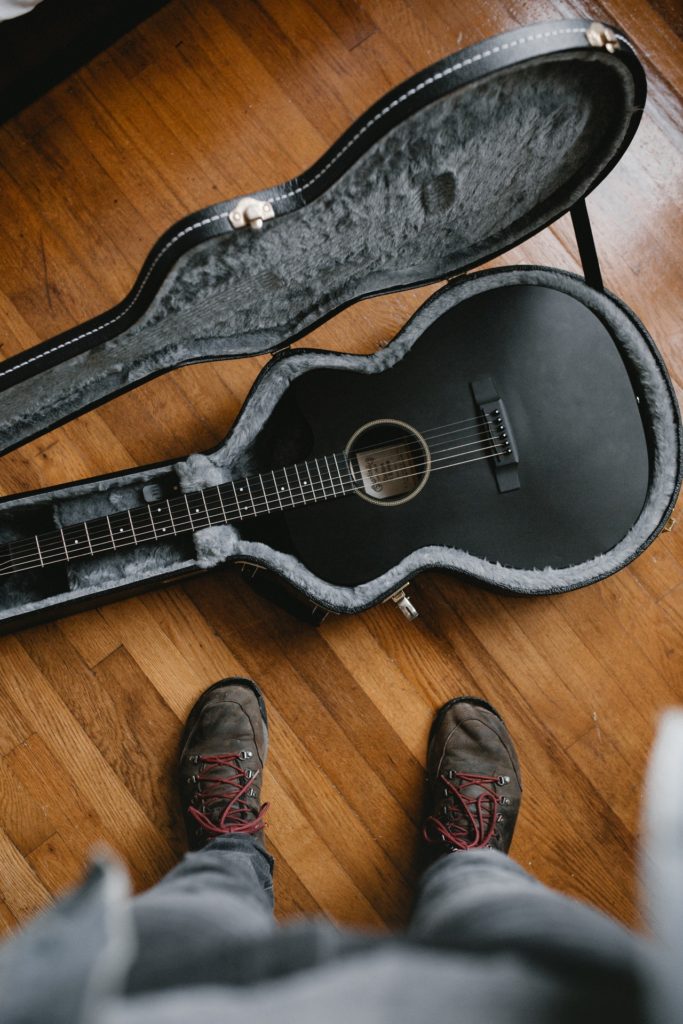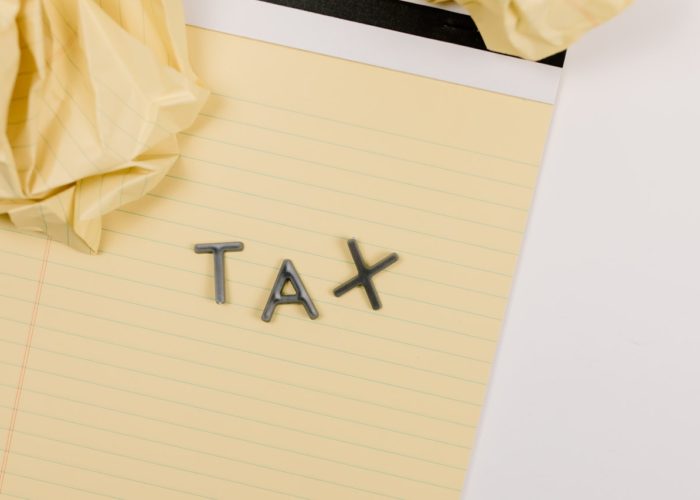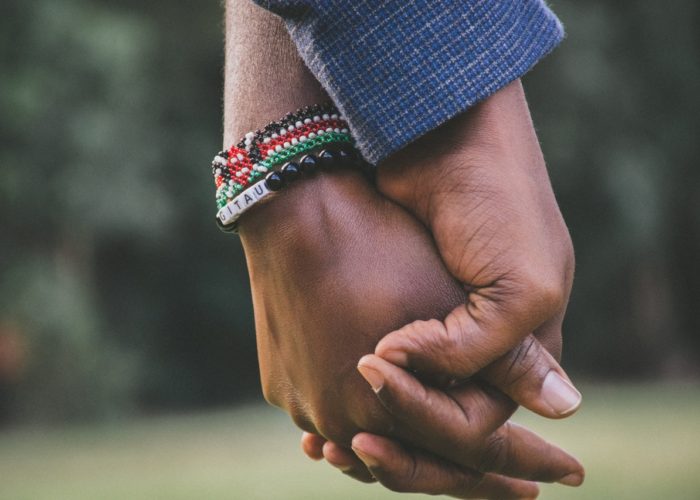
Two days ago it was Runtown, yesterday it was Skales; yet another artiste having issues with his record label and looking to move on. However, both cases have major differences as far as I can tell. I have heard from Runtown’s lawyer and it seems like they have a solid case. I have not heard from Skales, but if the stories making the rounds are anything to go by, there is little or nothing he can do.
In the Nigerian music industry, people like to look at record labels as being the big, bad, shylock slave driver. They feel that the percentages they offer to artistes are ridiculous and exploitative; but is this really the case?
Everyone has to start from somewhere; if you’re a talented musician, you want to get your music out there. This involves writing, recording, producing, mixing, mastering and marketing. Some would go as far as shooting a video as well. Unless you’re quite versatile, chances are you will need to hire someone to do three or four of those elements and pay them for the service. Even the most versatile artistes I know still need help with at least one element. As an upcoming artiste, this is rather stressful and can quickly become very expensive if you want to get good quality. This is where the record labels come in.
Record labels seek to sign talented artistes, cover their expenses and recoup their costs by getting a share of the proceeds from the artiste’s work. Most record labels typically provide studio facilities including mixing and mastering. They also provide producers and song writers as well. All this so that the artiste can do what they do best, PERFORM.
Some record labels even go as far as providing perks for artistes so they do not get distracted. This could range from a monthly stipend to a house, car and all expense paid holidays. It all depends on how much value the label places on the artiste.
The contractual agreement between the label and the artiste usually states the terms of the relationship; what they offer, what they expect in return, sharing formula and more. This is usually where the problem lies and where both parties start to have issues.
Artistes in a hurry to get paid usually sign on without a full understanding of their contracts. Later on they think that they have grown so much in the industry, that the record deal is no longer favorable to them.
Labels on the other hand sometimes try to recoup their costs by shady means and sometimes without recourse to the contract. They may choose not to pay their artiste, or not pay what the artiste is entitled to.
Going back to the stories that made the news this week, Runtown alleges that his label has not paid him his percentage on many of his works. If this is the case, it constitutes a clear breach of the terms of his contract. In the case of Skales, the label has alleged that Skales has collected monies in clear violation of his contract and has not remitted to the label.
People have screamed that thirty percent is small for an artiste, I would beg to differ. If the record label is doing what it should do and the artiste is producing good music, it is still a win for both parties. The label has taken a risk that the talent of the artiste will be good enough to fetch them returns, and invest a great deal of money. It is only fair that they recoup their costs.
What artistes can do is to negotiate effectively and make sure that they have proper legal representation before they sign these contracts. It is not a sin to not be educated as an artiste, but a lack of formal education is not an excuse for naivete and foolishness.
An artiste should be able to negotiate a shorter duration for the contract, what elements of the work that the label has rights to, how moneys will be paid and more. The artiste should only sign when the terms of the contract are satisfactory.
Contracts are not things that one jumps into without fully understanding the implications. The terms must be adhered to, and where there is a breach, we don’t have to be sentimental about seeking redress.
We are in an era where the money to be made from music is a lot. Caller tunes and digital sales are a huge market in Nigeria right now (not to mention the fights that the money causes). COSON is going after television and radio stations for royalties which translates to more money. (Curiously the biggest source of money which is record sales, is still in the hands of the Alaba mafia). This is not to speak about performance fees at events and celebrity endorsements.
There clearly is a lot of money to be made in the industry for both the label and the artiste if the relationship is effective. Thirty percent of a lot of money is still a lot of money. This is not to say that artistes can’t be independent if they have the money and relationships to pull it off. Let everyone choose the path that best suits them. Work hard, stick to agreements and smile to the bank.



